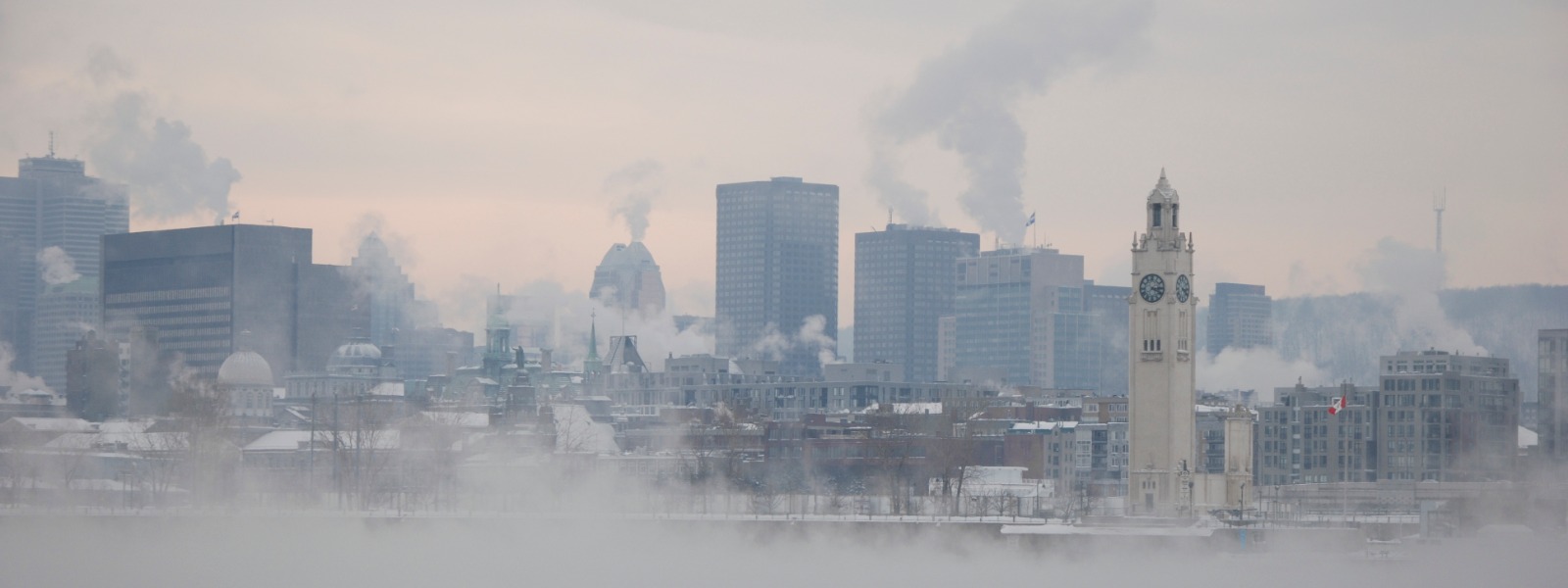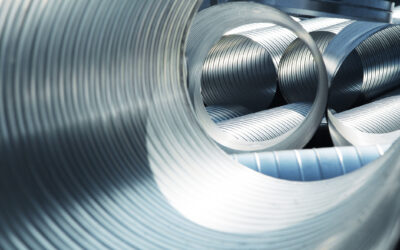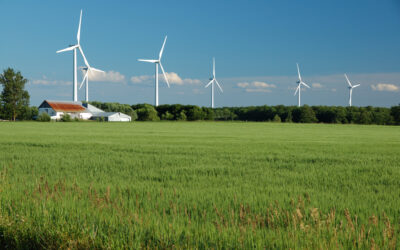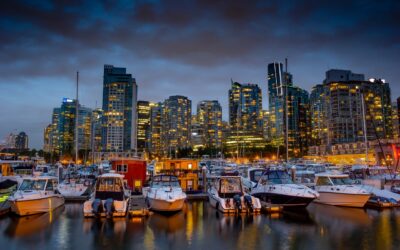Quebec’s 2030 Plan for a Green Economy, following the proposed Canadian Net-Zero Emissions Accountability Act, sets the flagship goal of getting the province to net zero by 2050—a goal that is both ambitious and consistent with climate science. However, the Plan does not indicate to what extent the targets will have to be achieved through emissions reductions within Quebec, nor does it set out guidance for the use of carbon sequestration techniques. By opening the door wide to offset credits and negative emissions, the Plan’s approach could delay the decarbonization of Quebec’s economy and the behavioural changes needed—an approach that could ultimately be costly to Quebecers.
Already, more than 100 countries representing more than half of the world’s economy have adopted or are in the process of adopting a long-term net-zero goals. “Net zero” means that by 2050, any greenhouse-gas emissions (GHGs) that have not been reduced at source must be offset by “negative emissions” generated by the sequestration of GHGs, so that the total emissions balance is zero.
Generally speaking, there are two ways to produce negative emissions. The first is to capitalize on natural processes to store GHGs in plants, through practices such as forest management, soil management or the preservation of wetlands. The second is to use new technologies to remove GHGs from the air and then either bury them deep in the ground or incorporate them into products or materials.
Prospective energy studies to 2050 suggest that natural processes can play a role in offsetting emissions in areas where emissions are very difficult to reduce. However, it is impossible to accurately predict the extent to which a natural environment such as a forest could be affected by fire, insects or disease over several decades. Thus, reducing a ton of carbon at the source will always be more reliable.
As for the technological processes, these have at most reached the demonstration stage, and the possibility of large-scale deployment remains theoretical at this time. It may be tempting to build on these technologies, but there is a risk that if these do not materialize, the delay in reducing emissions will significantly increase the cost of meeting our targets, and could even cause us to miss out altogether.
As for offset credits, as emission caps are reduced, if structural changes have not been implemented upstream, their scarcity could cause prices on the carbon market to jump. A sudden price increase would be a perfect cocktail to alienate public support, as was seen in France in 2018, when high energy costs fuelled the Yellow Vest protest movement.
So what can be done to ensure that more reductions happen locally? The economic literature shows that generating sustainable behavioral changes requires a combination of both incentives and constraints. To this effect, revenue-neutral measures that preserve equity do exist. For example, an additional registration cost for large vehicles or a congestion kilometre tax can be offset by a tax credit.
Other aspects of government action hinder the achievement of targets and increase the tax burden on Quebecers, such as the $4.5 billion investments planned between by 2030 for the extension and widening of roads. Reassessing those investments would improve the investment ratio between public transit and the road network, currently at 34:66 (still far from the 50:50 target), while contributing to sustainable land-use planning. Also, the natural gas network extensions currently in planning may need to be decommissioned prematurely to reach net-zero. This could put their business case into question.
Achieving net-zero emissions requires not only strong political will from governments, but also a consistent whole-of-government approach. The Commissioner for Sustainable Development and the independent experts will certainly remind the government of this imperative in their annual assessments of the Plan.
Note: A version of this blog was the subject of an opinion article in La Presse on November 20, 2020.
François Delorme teaches economics at the Université de Sherbrooke and collaborates with the Intergovernmental Panel on Climate Change (IPCC) and the Global Inequalities Laboratory.




